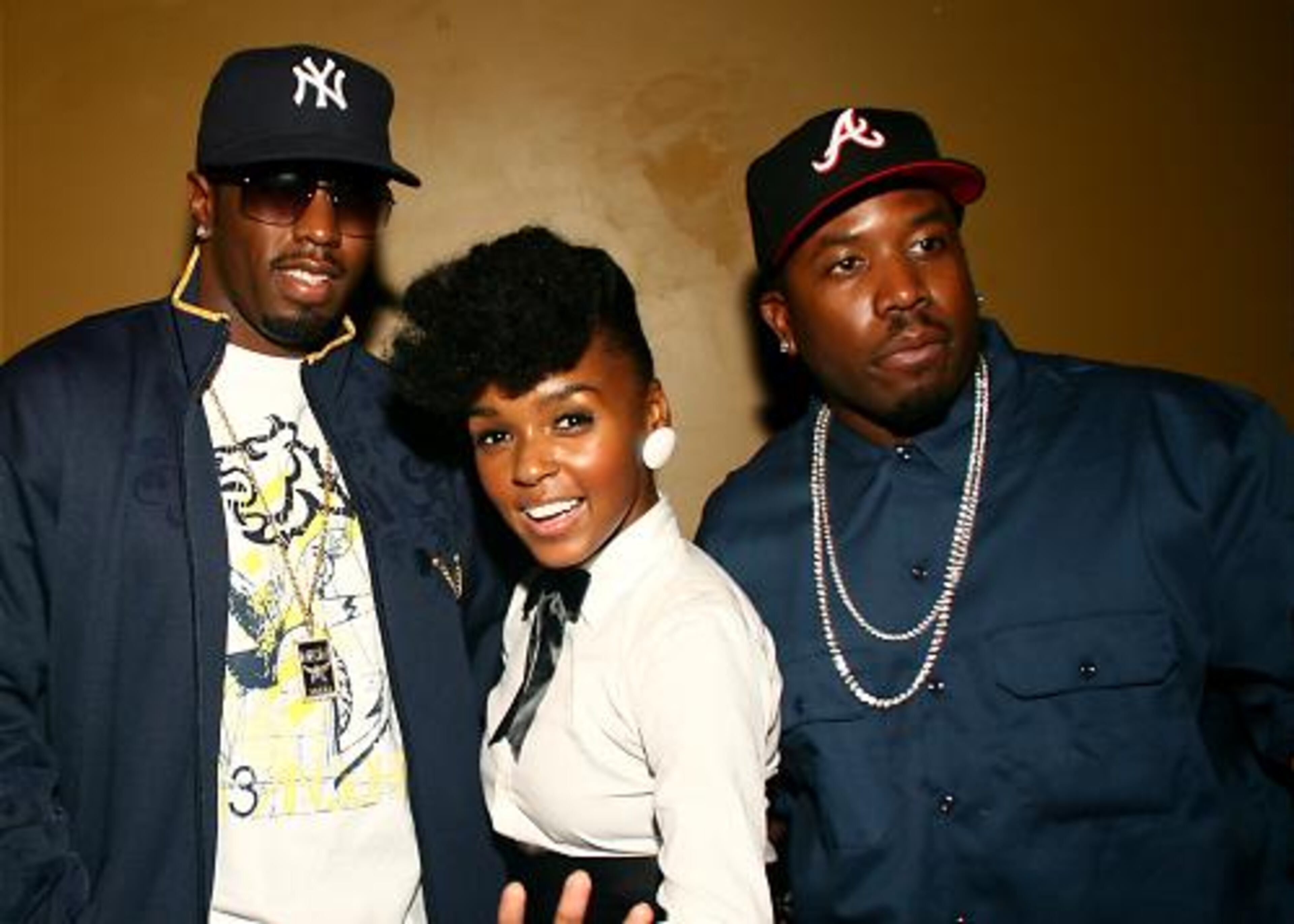Diddy’s arrest marks the latest chapter in rap’s long overdue #MeToo movement
Welcome to Heat Check, a biweekly music column where AJC culture reporter DeAsia Paige explores the temperature of Georgia’s buzzing, expansive music scene. The column includes music news, trends and any Georgia-related music that DeAsia is listening to. If you’re a Georgia artist and have music you want to be considered for this column — or if you just want to talk music — feel free to send an email to deasia.paige@ajc.com
Last week, Sean Combs (also known as Diddy, also known as Puff Daddy, also known as Love) was indicted by a Manhattan grand jury on charges of sex trafficking, racketeering and transportation to engage in prostitution. The arrest came after a string of lawsuits filed against the embattled music mogul since November. While Combs has denied the allegations and pleaded not guilty, he was denied bail and remains in federal detention.
Combs’ connections to Atlanta run deep. The Bad Boy Records founder, who helped commercialize hip-hop, also contributed to the rise of Atlanta’s music scene. From directing Outkast’s first music video to developing and signing Atlanta acts like Boyz N Da Hood, Janelle Monae, 112 and Jeezy, Combs greatly shaped the sounds coming from the city. It’s why his photos are briefly featured in the AJC’s Emmy-nominated documentary “The South Got Something to Say,” which I co-wrote and co-produced.
The documentary premiered Nov. 2, two weeks before Cassie Ventura, Combs’ former artist and girlfriend, filed an explosive lawsuit against him that alleged repeated sexual and physical abuse. (The pair settled the suit one day later.) Now, every time I see his face in our documentary — a project that I worked very hard on — I’m reminded of just how swiftly hip-hop can turn against the women who continue to uplift its culture.
Because to be a Black woman in hip-hop often means waiting for the other shoe to drop. Disappointment and pain always seem to be around the corner.
While I’ve only rigorously covered Atlanta’s rap scene for two years, it hasn’t taken me long to realize just how pervasive the misogyny is. It’s an industry where physical attraction trumps professionalism. And your success as a woman is often predicated upon how well you react to a man’s propositions. Since I began documenting Atlanta’s music scene in 2022, I’ve had two subtle interactions with this. At the end of every interview, I ask, “Is there anything else you want me know for the story?” For most journalists, that question often elicits the most interesting element for a story. But often for me, when interviewing men in the music industry, the answer makes me anxious.
Immediately following our conversation, two rappers I’ve interviewed have either asked me to send them selfies (which had nothing to do with the story), to travel with them out of the country or to go on a date with them. When the requests came, I politely declined and laughed it off to hide my discomfort.
I’m always afraid about what the reaction will be when I decline. Will they never want to be interviewed by me again? There’s always this awkward silence after the conversation that makes me regret even talking to them. But I also feel like a failure after rejecting them because, far too often, hip-hop rewards the women who give in to the idea that men can have them too. As if the No. 1 records, the radio airplay and the business endeavors weren’t enough.

I’m gradually grasping the unfortunate reality that my success as a female music journalist will be tied to how attractive a man finds me. And I’m still not sure how to navigate that space. It’s something that’s constantly on my mind, as a young journalist trying find her footing in Atlanta.
Before going to interviews with men, I carefully think about my appearance while rehearsing my boundaries. But not even those practices can repel men’s unwanted advances. I’ve been bombarded with hip-hop’s darkness my entire life and know how women in the industry are treated for simply existing.
At 27, R. Kelly, who’s now in prison for sex crimes dating back to the 1990s, married the late R&B singer Aaliyah when she was 15. He went on to have a successful music career (which included a Grammy win) for roughly two decades before his conviction. Chris Brown was arrested for assaulting Rihanna. Tupac was found guilty of sexual assault. Tory Lanez shot Megan Thee Stallion. A litany of lawsuits accuse former Def Jam executive Russell Simmons of sexual assault. (He denies the allegations.) And, most recently, alleged violence against women became a pathetic “gotcha” moment in a blockbuster rap beef between Drake and Kendrick Lamar.
As in other male-dominated fields, not only is hip-hop a hellscape for women, it thrives in spite of that. Case in point? In the aftermath of Combs’ arrest, there have been many memes of Combs that poke fun at his alleged freakoffs. An alleged memoir by Kim Porter (Combs’ ex who died from pneumonia in 2018) continues to trend online (Months ago, Eboni Elektra, Porter’s best friend, denied the rumors of Porter ever writing such a book about Combs’ alleged abuse).

Women in the industry deserve far more than memes and conspiracy theories. Combs’ arrest should spark analysis of hip-hop’s wonky power dynamics that have yielded alleged sex crimes that went uncovered for decades.



